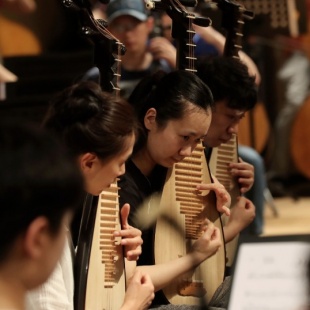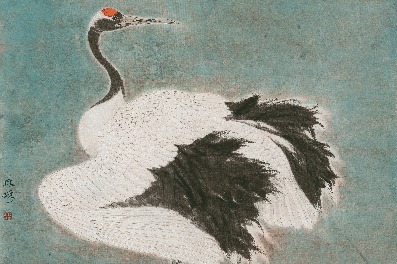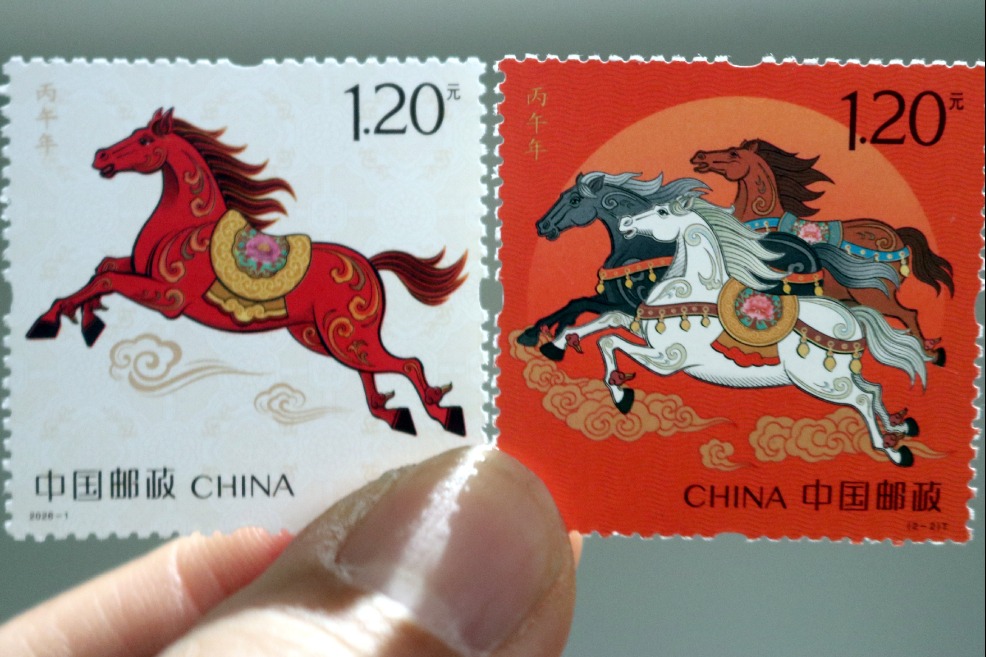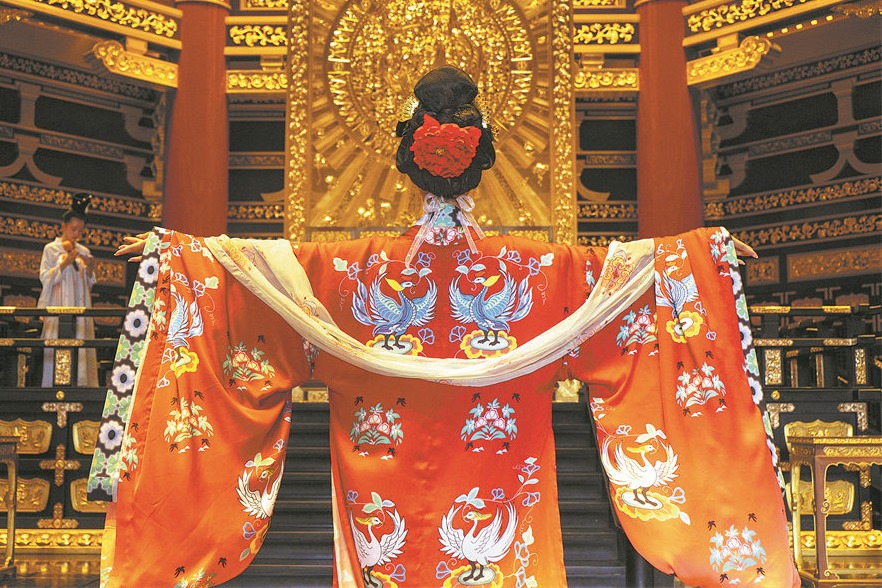Chinese orchestra performs fusion of traditional folk songs

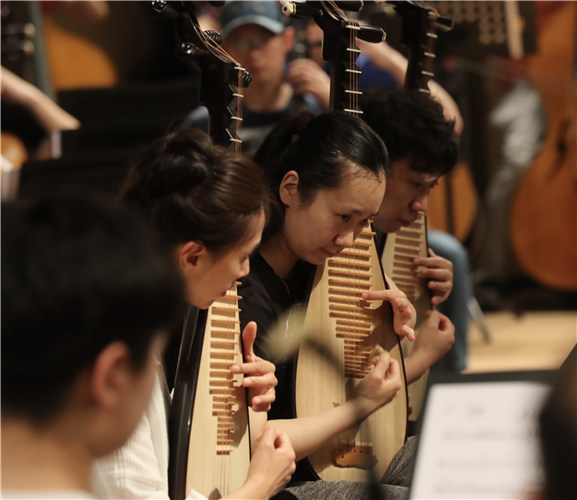
Zhao Cong, vice-president and the principal pipa player of China National Traditional Orchestra, spent months arranging the Chinese musical piece Full Bloom into a duet for the pipa and the Russian balalaika, both plucked instruments iconic of their countries.
"The piece includes a section of antiphonal music between the pipa and balalaika, which can clearly present the beauty of different folk instruments through contrast, and also highlight the cooperation between them," Zhao said.
The leading pipa player says that though she has performed on stage along with Western instruments such as guitars and violins, it was the first time she performed the piece with a balalaika player, and she was excited to see the outcome.
"Music itself is the language. Despite the fact that we are from different countries, when we start to play, we can communicate with each other through music," Zhao said.
The China National Traditional Orchestra performed a concert in the Bolshoi Theatre, Moscow, on Wednesday, presenting a fusion of Chinese and Russian music and celebrating the 70 years of diplomatic relations between the countries.
Under the baton of conductor Zhang Guoyong, the concert included Chinese folk orchestral works, for example Celebration Overture, and well-known Russian folk songs, such as The Long Road and Kalinka, performed by musicians from both countries.
According to Xi Qiang, Party secretary of the orchestra, the concert mainly focused on the 70th anniversary of the establishment of diplomatic relations between China and Russia, as well as the deep friendship between the Chinese and Russian people.
"The ambience of the concert was consistently festive. It also featured a diversified format, alternating between duet and ensemble, tenor solo and chorus," said Zhao Dongsheng vice-president of the orchestra.
Apart from approximately 100 musicians from the China National Traditional Orchestra, the concert was joined by Russian orchestras such as the Pyatnitsky Russian Folk Chorus and the Ossipov Balalaika Orchestra.
For the concert, Chinese musicians composed or arranged pieces to embody the cooperation between Chinese and Russian musicians, exemplified by Hand in Hand and Full Bloom.
The orchestra commissioned composer Hao Weiya to arrange Hand in Hand, a composition for the erhu, a two-stringed bowed instrument, cello and Chinese folk orchestra. The composition mixes two of the most classic Chinese and Russian folk songs, Jasmine Flower and Oh, Viburnum Blooms.
"The name implies our wish to join hands, make progress and together move to a brand-new future," said Xi, the Party secretary.
Tang Feng, the principal erhu player of the orchestra, also emphasized the role of music in cultural exchange.
"Music has no language barrier. The expressive power of music can really strike a chord with the audience, which can be proved from the feedback we received in our previous performances in foreign countries," Tang said.
Xi says it is an honor for China National Traditional Orchestra to have had a rich history of close cooperation with Russia over the past years.
"Our orchestra has performed in Russia multiple times over the years, for instance our performance at the State Kremlin Palace in 2011. We have also staged a Chinese traditional music concert in Saint Petersburg's Mariinsky Theatre many times," Xi said.
"I believe this time, our artists continued to demonstrate the fine traditions of our Chinese culture, our cultural confidence and the characteristics of our traditional music," Xi said.


